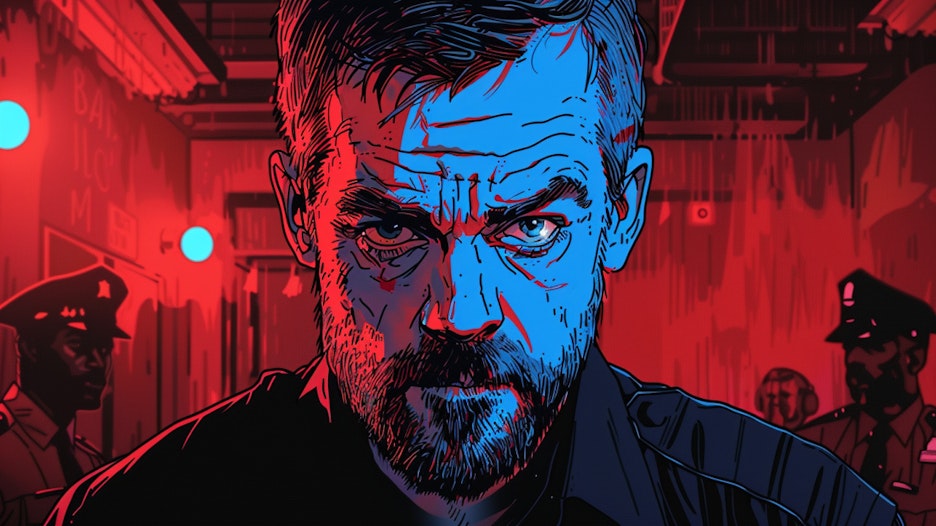News - BlackRock ETF: an attack on Bitcoin?
By
BlackRock ETF: an attack on Bitcoin?
Many investors applaud BlackRock's ETF filing. Others are cautious and smell a conspiracy against Bitcoin. Here's what's behind it.
BlackRock's Bitcoin Spot ETF: a savior for the crypto market? Because the world's largest asset manager is said to be the market capitalization of Bitcoin could catapult to new heights. But if it is up to some Bitcoiners, such a powerful player also poses dangers to the digital currency and its network. Many ask the question: Is BlackRock's ETF an attack on Bitcoin?
In a long post Twitter user @BTC_Culture explains the theory. A first supposed proof, he says, is BlackRock's own ETF filing. In it, the asset manager explains the implications for investors in the event of a potential Bitcoin fork.
BlackRock will determine in its sole discretion which network should be considered a suitable network. There is no guarantee that BlackRock will choose the digital asset that is ultimately the most valuable fork.
This text raises many questions among Bitcoin supporters, "In the event of a hard fork, why wouldn't BlackRock choose to support the most valuable Bitcoin fork? Will BlackRock create the fork itself and force their investors up their chain?" Some compare the Bitcoin ETF with a Trojan horse. In other words, BlackRock helps drive up the BTC price and then destroys the network. What's behind this?
BlackRock attack: just a conspiracy theory?
That Bitcoiners are critical of the BlackRock ETF is not surprising. After all, the asset manager is a centrally controlled player in the global financial market. Indeed, BlackRock CEO Larry Fink is a member of the World Economic Forum (WEF) - and it constantly attacks Bitcoin. Coincidence? For @BTC_Culture, no. Two other players in the conspiracy: Ripple and President Biden, also with ties with the WEF. Both parties are bothered by energy consumption and have taken action against it in the past, for example with an action by Greenpeace.
The conclusion of all these alleged connections: BlackRock is trying to turn Bitcoin into a Proof of Stake (POS) cryptocurrency. To be sure, the pre-existing Bitcoin POS failed miserably. But with the influence of the world's largest asset manager, the project could work, or so the theory goes. After all, under the proposal, ETF investors would have no voting rights anyway. So BlackRock could start a Bitcoin hard fork with the money of many large institutions and turn it into a POS cryptocurrency.
The crowd remains in control
Wrong, that's not how Bitcoin works. Proof of Work is a feature, not a bug. Just because Bitcoin does not work through POS, every network participant has the same voting power. A node operator has as much influence on the decision as the most powerful financial institution in the world.
This is not just theory, but fact. An example: the block size war. At the time, there was much criticism of the slow Bitcoin network. To scale higher, they wanted to increase the block size from originally one to eight megabytes. This idea was supported mainly by big players like Blockstream, Bitmain and Coinbase, but also by many miners. In the end, the majority of the network decided against it. Individual node operators argued that with the larger block size, the data load would increase too much and the network would become more centralized. Out of the disagreement came Bitcoin Cash - a failed attempt to change Bitcoin.
Whether the conspiracy theory that BlackRock would attack Bitcoin from within is true or not, power is distributed decentrally. The network inevitably chooses the right version. And: for Bitcoiners, changing the consensus mechanism is hardly conceivable anyway. After all, Bitcoin is not Bitcoin without Proof of Work.






